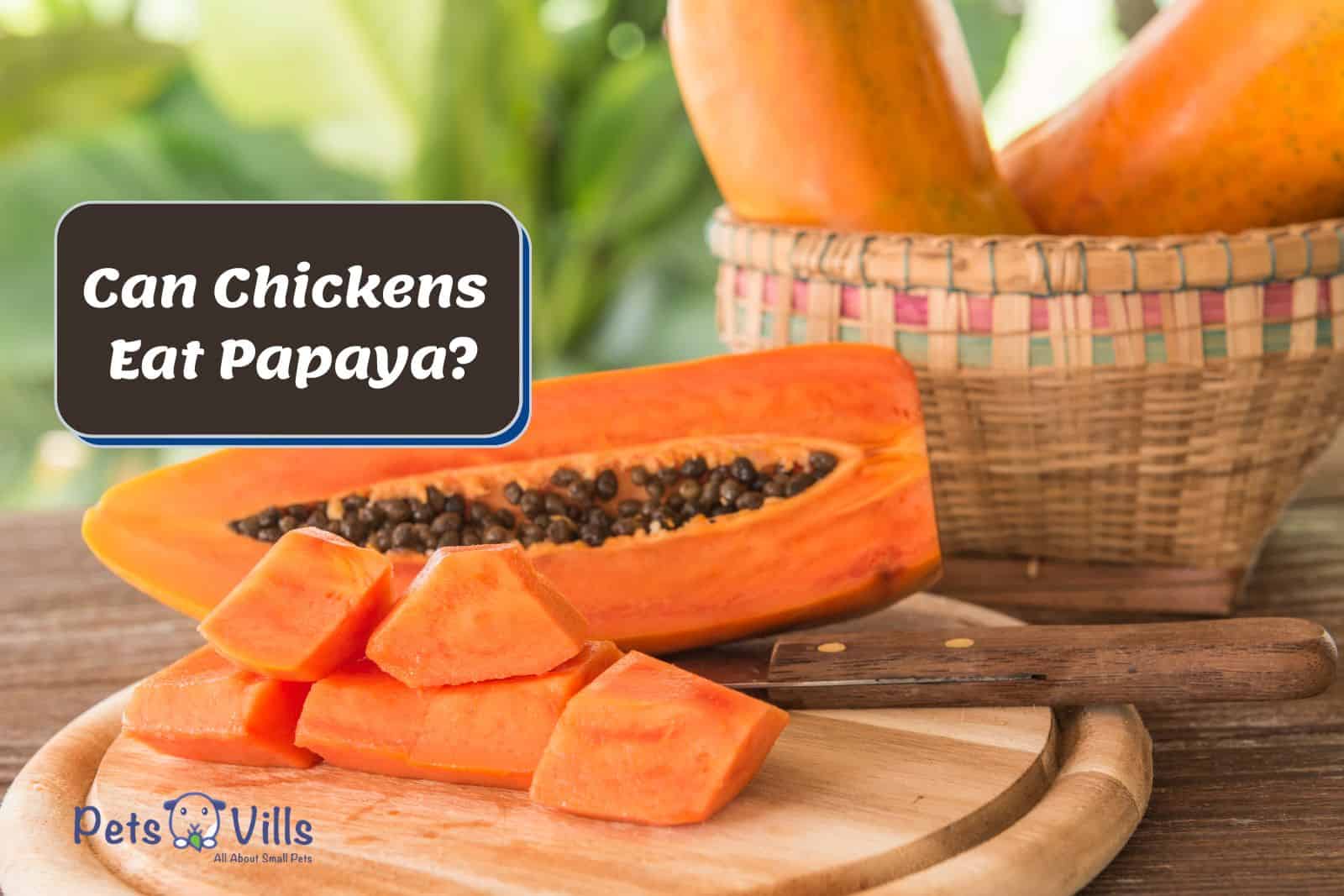Yes, horses can eat papaya as it is safe and beneficial for their health. Papaya is a tropical fruit that is not only enjoyed by humans but can also be offered to horses as a tasty treat.
Horses have a herbivorous diet, and adding papaya to their feed can provide them with important nutrients. Papayas are a good source of vitamins A and C, as well as fiber, which can aid in digestion for horses. The fruit also contains enzymes, such as papain, which may help with protein digestion.
However, it is important to remember that papaya should be given to horses in moderation, as an excessive amount can lead to digestive issues. Consult with a veterinarian before introducing new foods to your horse’s diet, including papaya.
Understanding The Nutritional Profile Of Papaya
Papaya is a nutritious fruit that can be beneficial for horses due to its rich vitamin and mineral content. This tropical fruit is packed with essential nutrients that contribute to overall horse health. It contains vitamins A, C, and E, which are important for immune function, skin health, and respiratory health.
Additionally, papaya is an excellent source of potassium, magnesium, and folate, which are necessary for muscle function, bone health, and red blood cell production. Horses can benefit from the antioxidant properties of papaya, which help protect cells from damage caused by free radicals.
Including papaya in a horse’s diet can provide a natural boost of essential vitamins and minerals, supporting their overall well-being. So, if you’re wondering whether horses can eat papaya, the answer is yes, and they can reap the nutritional benefits it provides.
Evaluating The Safety Of Papaya For Horses
Horses can safely consume papaya as part of their diet without any known allergic reactions. As herbivores, horses have a complex digestive system that is typically well-suited for processing various types of fruits, including papaya. However, it is important to note that horses have different sensitivities and tolerances to certain foods, so caution should still be exercised.
While papaya is generally considered safe, there may be potential risks and side effects associated with feeding it to horses. It is always recommended to introduce new foods gradually and in small portions, closely monitoring the horse’s response. Consulting with a veterinarian regarding the horse’s individual dietary needs and any specific concerns is advisable.
By taking these precautions, horse owners can provide a healthy and diverse diet that includes the occasional treat of papaya.
Incorporating Papaya Into Horses’ Diet
Papaya can be a valuable addition to a horse’s diet when fed in moderation. As with any new food, it is important to introduce papaya gradually to allow the horse’s digestive system to adjust. When offering papaya as a treat, it is recommended to provide small portions to prevent overconsumption.
A suitable portion size would be around 1-2 tablespoons of diced papaya. However, it is essential to take precautions when feeding papaya to horses. Make sure the papaya is ripe and free from any mold or pesticides. It is also important to monitor the horse’s reactions and stop feeding immediately if any adverse effects occur.
By incorporating papaya into a horse’s diet, owners can provide an added source of nutrients and variety to their equine companion’s meals.

Credit: petsvills.com
Conclusion
It is safe to say that horses can indeed enjoy the sweet tropical fruit of papaya. Although it is not a typical part of their diet, papaya can provide some nutritional benefits for these majestic animals. However, moderation is key when introducing any new food to a horse’s diet, including papaya.
It is important to ensure that the fruit is properly prepared and that the horse does not consume the seeds or skin, which can be harmful. Additionally, papaya should be offered as a treat and not as a substitute for their regular forage and balanced diet.
As always, it is vital to consult with a professional veterinarian or equine nutritionist before making any significant changes to a horse’s diet. By following these guidelines, horse owners can safely treat their equine companions to a taste of the exotic and add some variety to their grazing routine.
